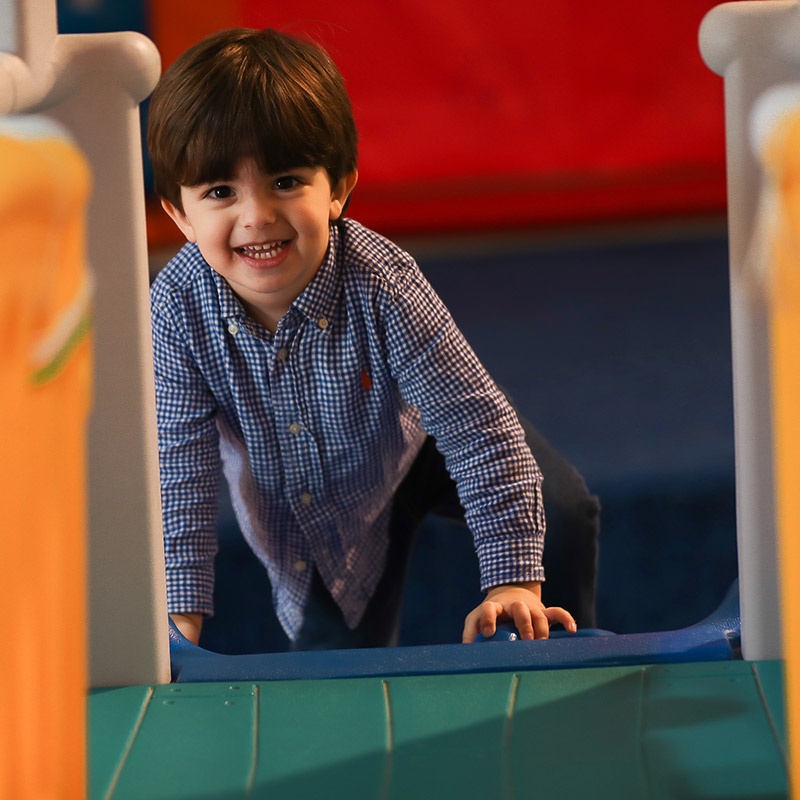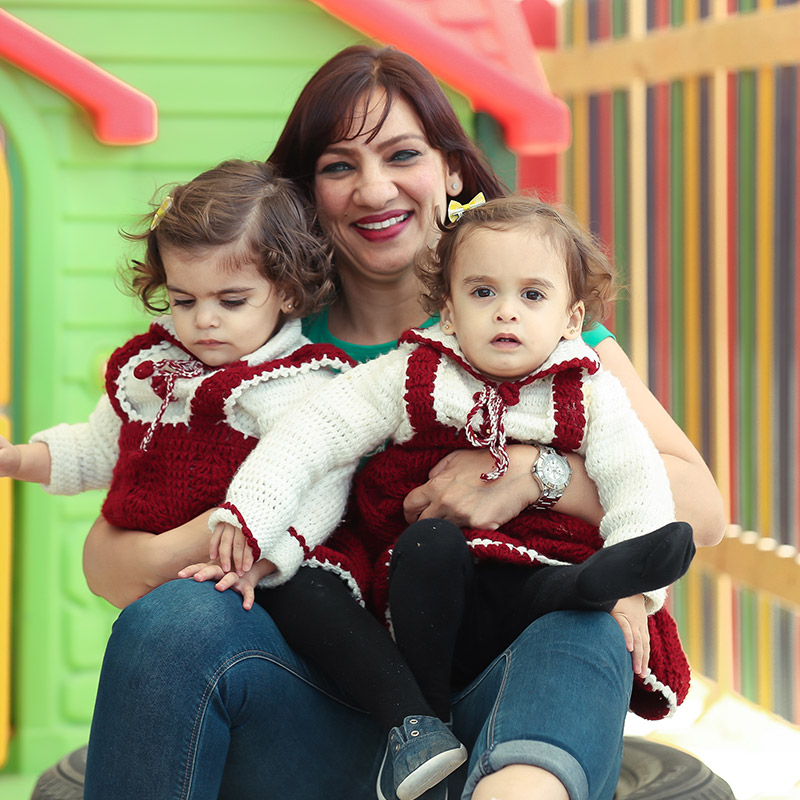Our Child Centred approach and curriculum is based on the British Early Years Foundation Stage (“EYFS”) programme which is made up of a Statutory Framework for the Early Years that sets the standards for learning, development and care for children from birth to five years. At CKELC, we also aim to include best practices from other well-established Early Years methods.
EYFS Programme sets forth guidelines for certain ‘stepping stones’ that show the knowledge, skills, understanding and attitudes that children need to learn during the foundation stage in order to achieve certain Early Learning Goals. Coupled with the “Unique Child approach”, CKELC’s curriculum and programme of activities are based around these ‘stepping stones’ and designed to help maximise a child’s progress to these early learning goals. “Characteristics of Effective Learning “enable the “Unique Child” to reach out and relate to people and things. This provides the children opportunities to move through all the areas of learning - playing and exploring, active learning and creating and thinking critically. Best practices support staff in assessing a child's progress and helps them to provide the best learning experience for all babies and children. The aim is to ensure that every child is given the opportunity to learn through high quality play experiences.


Through the EYFS, we seek to provide:
- Quality and consistency in all our age appropriate programmes, so that every child makes good progress and no child gets left behind;
- A secure foundation through learning and development opportunities which are planned around the needs and interests of each individual child and are assessed and reviewed regularly;
- Partnership between practitioners and parents and/or carers to enable quality learning experiences.
- Equality of opportunity with an inclusive practice, ensuring that every child is included and supported.
Areas of Learning & Development:
The Seven Areas of Learning and Development shape our educational programmes. (Three Prime Areas and 4 Specific Areas).
All areas of learning and development are important and inter-connected.
The Prime Areas, are:
- Communication and Language – Listening and Attention, Understanding, Speaking
- Physical Development – Moving and Handling, Health and Self-care
- Personal, Social and Emotional Development – Self-confidence and Self-awareness, Managing Feelings and Behaviour, Managing Relationships
The specific Areas are: (through which the prime areas are strengthened and applied):
- Literacy – Reading, Writing
- Mathematics – Numbers, Shape, Space and Measures
- Understanding the World – People and Communities, the World, Technology
- Expressive Arts and Design – Exploring and using media and materials, being imaginative
A visual representation of the Characteristics of effective learning and the areas of development is as:

The Characteristics of Effective Learning and the prime and specific Areas of Learning and Development are all inter-connected.
The ways in which the child engages with other people and their environment – playing and exploring, active learning, and creating and thinking critically – underpin learning and development across all areas of development and support the child to remain an effective and motivated learner.
- The prime areas begin to develop quickly in response to relationships and experiences and run through and support learning in all other areas and continue to be fundamental throughout the EYFS.
- The specific areas include essential skills and knowledge. They grow out of the prime areas and provide important contexts for learning.

There are 4 themes of the EYFS with guiding principles for each of them. These principles inform and shape the practice for CKELC as a quality early year setting. The below image would give an insight to the connection between the themes and principles:
Children are born ready, able and eager to learn. They actively reach out to interact with other people, and in the world around them. Development is not an automatic process.It depends on each unique child having opportunities to interact in positive relationships and enabling environments.
The Four themes of the EYFS underpin all the guidance. This document - Development Matters - shows how these themes, and the principles that inform them, work together for children in the EYFS.

Importance of a Play-based curriculum
Play is vital for children as it helps them learn individually and with others through play. At CKELC, we offer children a play-based curriculum which meets all the requirements of the Early Years Foundation Stage by establishing an enabled environment with positive relationships. Play nurtures the different areas of development and enables the children to have learning experiences that help them thrive and be resilient.
It helps them to understand the world around them and to develop socially and emotionally. It is through play that our children learn, develop at their own pace and have fun with adults who understand, support and care about them. We want the children we care for to feel secure, not pushed or pressured, and to have the confidence to deal with whatever life brings.
We aim to achieve a sensible balance between free play and structured learning by offering a wide range of supervised activities designed to develop language skills, promote independence and develop confidence. Further, the curriculum and activities are planned to support all aspects of their learning and development, delivered in a manner that it encourages their in-built curiosity and desire to make sense of the world around them and help them to discover that learning is interesting and fun, and evaluated as it is vitally important to help children become keen learners for the rest of their lives. We ensure that the children receive broad-based learning experiences to help them prepare for the transition from nursery to primary school.






